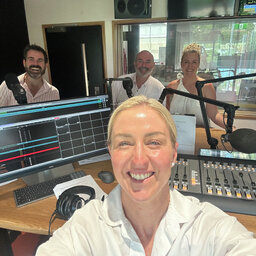Cotality Head of Research Eliza Owen says the RBA is erring on the side of caution by keeping rates on hold, with previous rate cuts pushing home values higher, adding that Darwin has had a 6 per cent increase, making it the most affordable capital city in the country
No description provided
 360 with Katie Woolf
360 with Katie Woolf


